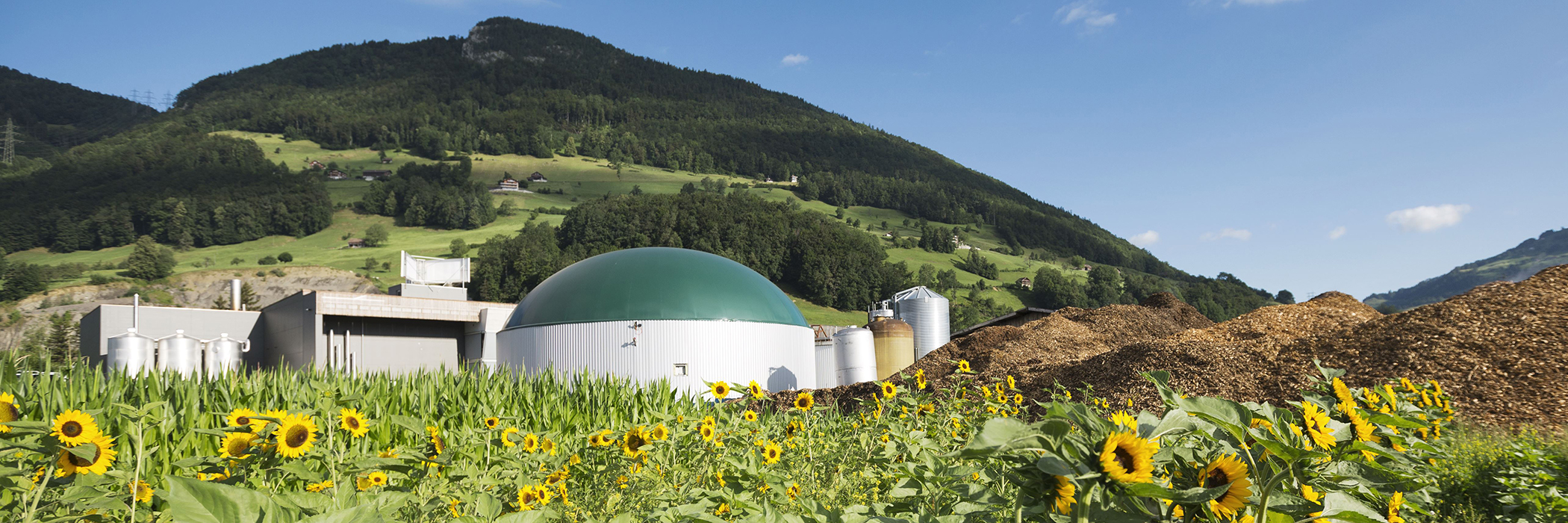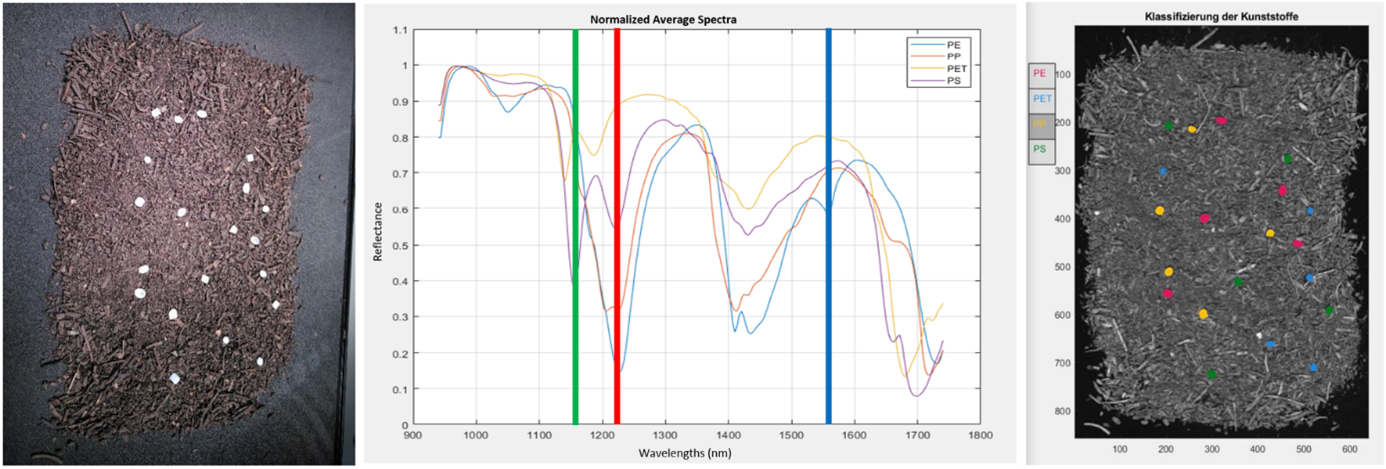REMAP: Remote sEnsing and Machine-learning for chemicAl soil Protection
The Institute for Biomass and Resource Efficiency FHNW has recently successfully completed a feasibility study in which was developed a new, rapid, accurate, and inexpensive method to detect and quantify macro- and microplastics on soil surfaces using hyperspectral imaging coupled with machine-learning and an artificial neural network for pattern recognition. The study represents a potential huge technological step forward towards improved soil protection against plastic pollution.
In Switzerland, about 16`000 t of plastic is applied annually to agricultural lands and about 160 tons of plastic remain in the soil per year. These entries can lead to plastic concentrations in topsoils (0-25 cm) of up to 200 mg kg-1 [1]. The presence of macro- (>5 mm), micro- (1 µm-5mm) and nanoplastics (<1 µm) in the soils is a problem of growing concern, because they pose a risk to soil ecosystems and freshwater, and potentially for human health. There are however no standardized methods for quick, in-situ identification of plastics on land surfaces and in the deep soil layers. Current methods for soil plastic load calculations and plastic identification consist of field sampling campaigns combined with physical laboratory extraction followed by particle characterization. Such methodologies are much too time consuming to be practically applied.
In this feasibility study we developed a new, rapid, and inexpensive method to accurately detect and quantify microplastics (0.5 mm-5mm) on soil surfaces by developing a machine-learning algorithm and artificial neural network (ANN) for reflectance spectra pattern recognition using high resolution, hyperspectral imaging. A hyperspectral database was developed using four initial representative plastics: polyethylene (PE), polyethylene terephthalate (PET), polystyrene (PS) and polypropylene (PP). These standards were then analyzed alone, together, and randomly mixed in an organic compost-soil matrix.
On all matrix backgrounds could the ANN successfully detect and identify the four reference plastic materials at particle sizes that ranged from 2 – 3 mm diameter pieces, at a rate that approached 100% accurate characterization. Future development of the ANN is currently being conducted to include a wider variety of plastic polymer types as well as everyday plastics and how parameters such as color, shape, moisture, or surface contamination influence the plastic reflectance spectra.
References cited:
[1] Kalberer, A.; Kawecki-Wenger, D.; Bucheli, T. Plastik in Der Landwirtschaft. Agroscope Science 2019.

